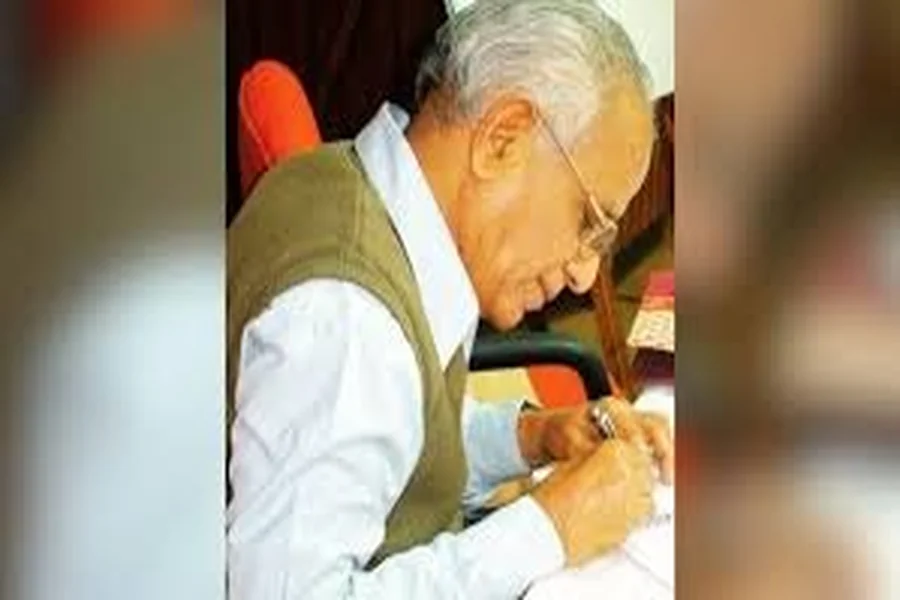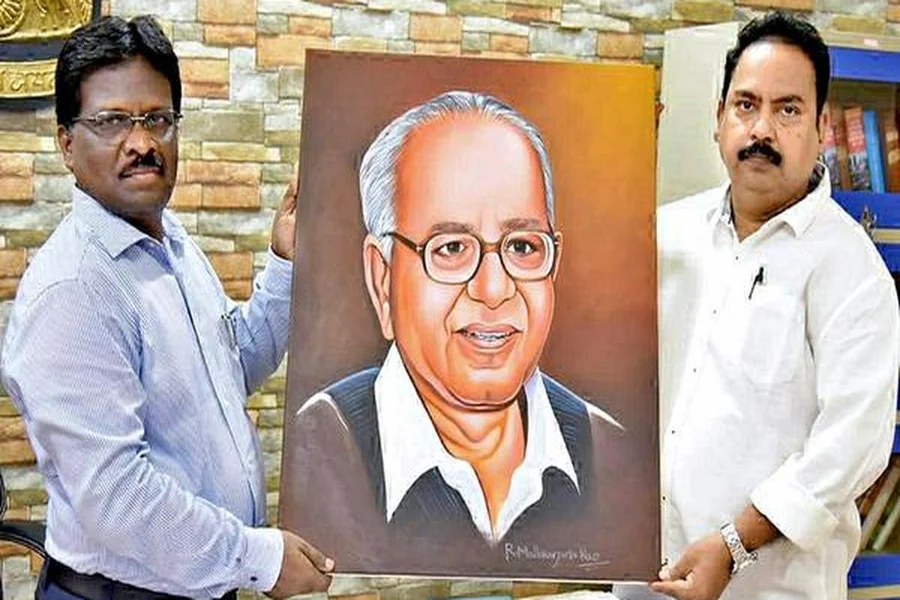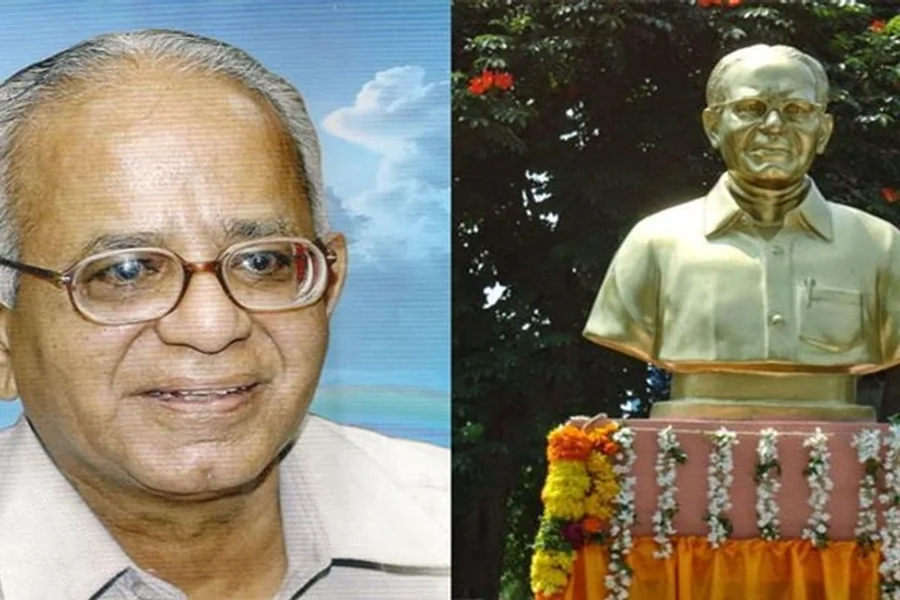When you speak of unselfish civil servants in India, there is a name that shines brightly. S.R. Sankaran. He was known as the “People’s IAS Officer” and dedicated his life to working for the upliftment of the poor and downtrodden. He did not just work with files and offices. It was about real change. On reaching the last person in society.
This article will provide an overview of his life, work and why he continues to inspire us.
Early Life and Journey into Service
S.R. Sankaran was born in 1932 in Tamil Nadu. He grew up in a simple family. From the beginning, he had a strong sense of justice.
In 1956, he joined the Indian Administrative Service (IAS). He was allotted to the Andhra Pradesh cadre. While many officers dreamed of power and luxury, Sankaran took a different path. He wanted to use his position to serve.

Why He Was Called “People’s IAS Officer”
Unlike many others, Sankaran was not locked inside air-conditioned offices. He traveled to remote villages. He spoke directly with people. He listened to their problems.
He believed the government should not just exist for the rich. It should work for the poor. He fought for land reforms. He ensured that Dalits and tribal communities got their rights.
This is why ordinary people loved him. For them, he was not just an officer. He was hope.
Fighting Bonded Labor
One of his biggest battles was against bonded labor. At that time, thousands of people were trapped in slavery-like conditions. They worked day and night with no freedom.
Sankaran took strong steps to abolish this practice. He enforced the Bonded Labor System (Abolition) Act of 1976. His strict action freed many families from generations of exploitation.
For those people, he was a savior.
Standing with the Marginalized
Sankaran worked for Dalits, Adivasis, and weaker sections of society. He implemented welfare programs. He pushed for land distribution.
He also worked closely with voluntary organizations. He believed change was not possible by the government alone. It needed the power of people’s movements too.
Even after retirement, he continued this work. He stayed simple. He never misused his power.
His Role in Peace Talks
Sankaran was not just a reformer. He was also a peacemaker. In the early 2000s, when Andhra Pradesh faced violent conflict with Maoist groups, he played a key role in peace talks.
The government trusted him. The Maoists respected him. His honesty and integrity made him a bridge between both sides.
Although the talks did not succeed fully, his efforts showed that dialogue was possible.
A Life of Simplicity
S.R. Sankaran never ran after wealth or power. He lived a simple life. He used public transport. He wore plain clothes. He avoided publicity.
He once said, “Public service is not about comfort. It is about sacrifice.”
That was his mantra.
His Legacy
Sankaran passed away in 2010. But echoes of his name can still be heard in villages and towns. To thousands of them, he was the officer who restored dignity to their lives.
The words they spoke of him as a role model are still in the mouths of civil servants today. His integrity, fearlessness and humanity are rare among IAS officers in India.

Lessons from S.R. Sankaran Life
- Serve people, not power.
- Use authority to uplift the weakest.
- Simplicity is strength.
- Dialogue can resolve conflicts.
These lessons are timeless. They are not just for civil servants but for everyone.
Read Also: Navneet Singh Chahal IAS Biography in Hindi
FAQs
Who was S.R. Sankaran?
S.R. Sankaran was an IAS officer who dedicated his life to serving the downtrodden. He was alternatively known as the “People’s IAS Officer.”
What was his biggest contribution?
His major assignment was working to eradicate bonded labor and securing the rights of Dalits, Adivasis and weaker sections of society.
Why is he respected so much?
Because he didn’t bullshit, kept it simple. He was always interested in justice and never abused the power he had.
Was he involved in peace negotiations with the Maoists?
Yes. In the 2000s he mediated between the government and Maoist factions in Andhra Pradesh.
When did SR Sankaran die?
He passed away in 2010, but his legacy of service lives on.

